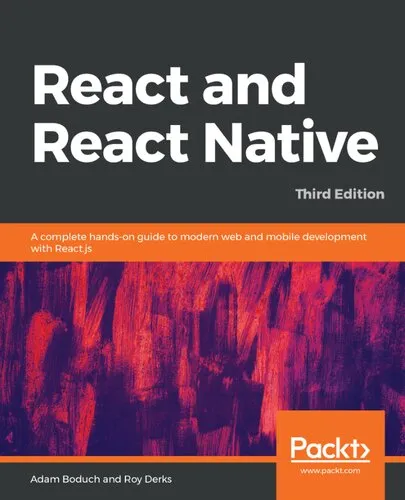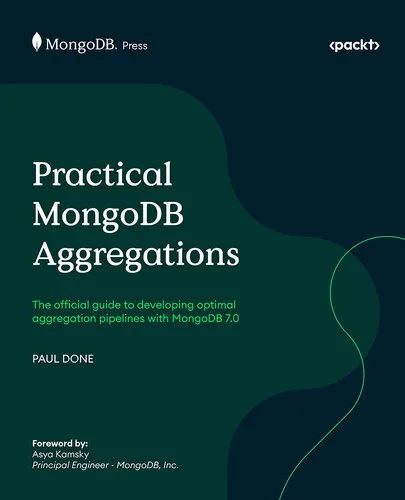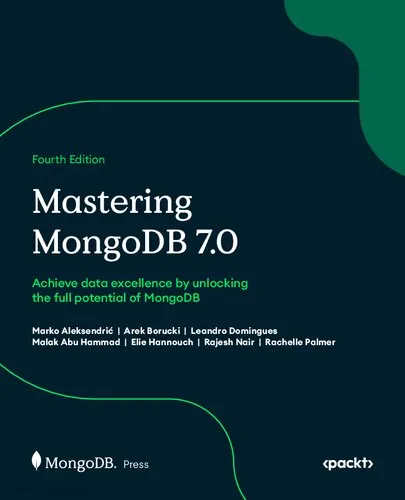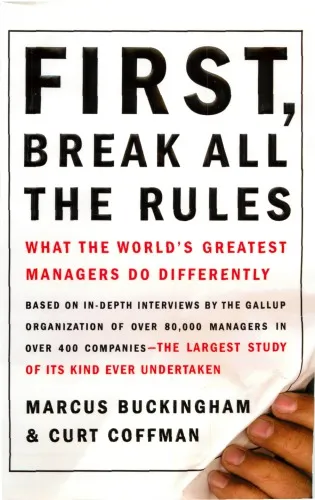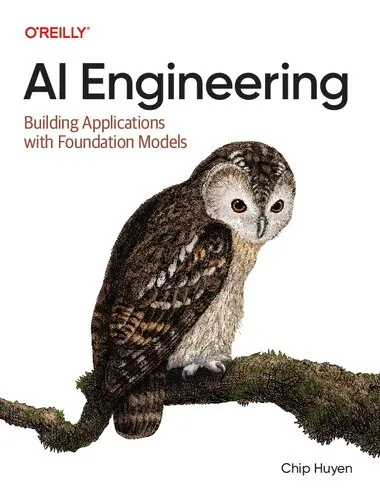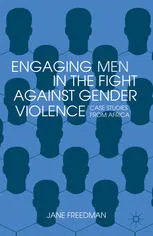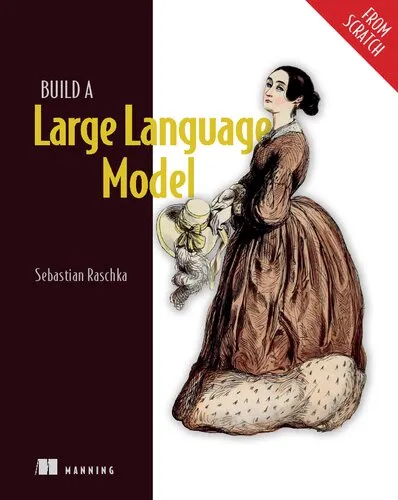Engaging Men and Boys in Violence Prevention
4.5
Reviews from our users

You Can Ask your questions from this book's AI after Login
Each download or ask from book AI costs 2 points. To earn more free points, please visit the Points Guide Page and complete some valuable actions.Related Refrences:
Engaging Men and Boys in Violence Prevention
Michael Flood's seminal work, Engaging Men and Boys in Violence Prevention, delves deep into the critical and timely issue of addressing and preventing violence by involving men and boys as active participants in the solution. This book is a call to action, a research-backed guide, and a roadmap for fostering positive masculinity to create a safer and more equitable society. Whether you're a policymaker, educator, activist, or someone looking to make a difference, this book offers crucial insights for catalyzing change.
Detailed Summary of the Book
The central premise of Engaging Men and Boys in Violence Prevention rests on the belief that preventing violence requires holistic, inclusive interventions—and that men and boys must be part of the solution. As a pervasive global issue, violence takes many forms, from intimate partner violence to sexual harassment and institutionalized aggression. Michael Flood addresses the structural, cultural, and interpersonal dimensions of violence, presenting evidence-based strategies to engage men in combating this epidemic.
Flood highlights the importance of redefining masculinity. In many societies, traditional conceptions of masculinity perpetuate harmful behaviors and attitudes. By challenging these norms, Flood argues, we can pave the way for men and boys to reject violence and actively contribute to creating safe and respectful environments. Drawing on a wealth of research, case studies, and practical experiences, the book explores approaches in education, advocacy, public policy, and community intervention.
In addition to focusing on the causes and implications of male-perpetrated violence, the book celebrates success stories and initiatives worldwide. Flood also explores the barriers to engaging men in meaningful and sustained ways, offering strategies to overcome these challenges. Ultimately, it provides a hopeful and practical vision of how to involve men and boys as allies, advocates, and leaders in violence prevention efforts.
Key Takeaways
- Men and boys must be seen not only as part of the problem but also as critical stakeholders in the solution.
- Redefining masculinity is a crucial step in addressing the roots of violence and promoting gender equity.
- Violence prevention should be a collective community effort, with strong coordination between policymakers, educators, and grassroots organizations.
- Effective intervention programs must be evidence-based and inclusive to sustain long-term positive change.
- Engaging men requires tailored strategies that account for age, cultural context, and social factors.
Famous Quotes from the Book
"When we rethink what it means to be a man, we build a foundation for a world free of violence."
"Violence is not inevitable. It thrives when silence and apathy prevail."
"Engaging men and boys is not just a moral imperative; it is a practical necessity."
Why This Book Matters
In a world where violence remains a significant societal challenge, engaging men and boys in prevention efforts is both urgent and essential. Michael Flood’s book provides a comprehensive framework for achieving this, bringing together research, personal stories, and actionable strategies. It makes a compelling case for shifting harmful cultural norms and creating a ripple effect of positive change across generations.
Engaging Men and Boys in Violence Prevention matters because it addresses the root causes of violence rather than merely addressing the symptoms. Flood’s message is particularly relevant in the context of ongoing conversations about gender equity, consent, and the role of men in combating patriarchal structures. With its insightful analysis and practical guidance, this book empowers readers to challenge the status quo and actively contribute to a more peaceful and equitable world.
Free Direct Download
You Can Download this book after Login
Accessing books through legal platforms and public libraries not only supports the rights of authors and publishers but also contributes to the sustainability of reading culture. Before downloading, please take a moment to consider these options.
Find this book on other platforms:
WorldCat helps you find books in libraries worldwide.
See ratings, reviews, and discussions on Goodreads.
Find and buy rare or used books on AbeBooks.
1439
بازدید4.5
امتیاز0
نظر98%
رضایتReviews:
4.5
Based on 0 users review
Questions & Answers
Ask questions about this book or help others by answering
No questions yet. Be the first to ask!

